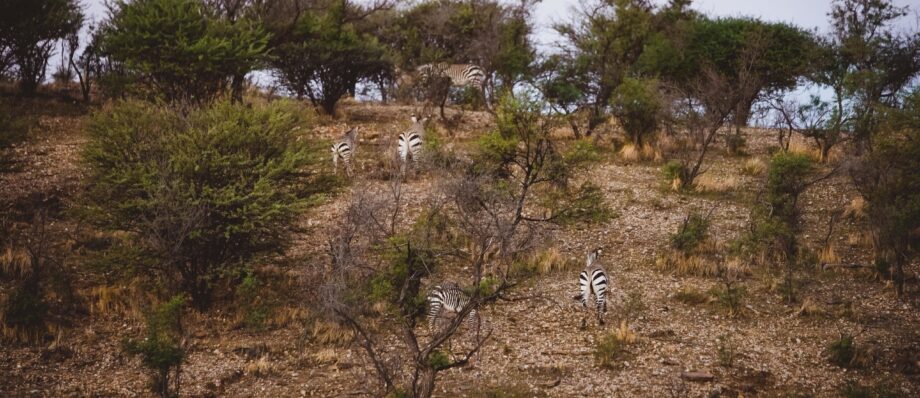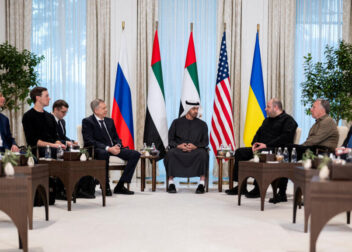Gulf States Boost Wildlife Conservation Efforts
Lead: In 2025, the Gulf Cooperation Council (GCC) reported a 6.6% increase in terrestrial reserves, signaling a regional push for environmental sustainability. Led by Saudi Arabia and the UAE, these efforts aim to protect endangered species and combat desertification. The initiative aligns with global biodiversity goals set at COP15.
Background
The Gulf region, known for its arid landscapes, hosts unique ecosystems threatened by urbanization and climate change. The UN Environment Programme notes that 30% of Gulf species face extinction due to habitat loss. Historically, conservation lagged behind economic growth, but recent shifts reflect changing priorities. Saudi Arabia’s Vision 2030 and the UAE’s Green Agenda emphasize sustainability, with both nations investing in protected areas. The GCC’s 2023 biodiversity strategy set a target to expand reserves by 10% by 2030, spurred by global calls to protect 30% of land by 2030.
Key Developments
Key actions include:
- New Reserves: Saudi Arabia designated 3 million hectares for conservation in 2024.
- Species Protection: The UAE’s breeding program saved the Arabian oryx from extinction.
- Reforestation: Oman planted 1 million trees to combat desertification.
- Regional Collaboration: GCC nations launched a shared wildlife monitoring system.
Saudi Environment Minister Abdulrahman Al-Fadley called the progress “a legacy for future generations.” Qatar and Bahrain are piloting eco-tourism projects to fund conservation. Challenges remain, including water scarcity and reliance on fossil fuels, which account for 80% of GCC energy. Local communities, often excluded from planning, demand greater involvement to ensure equitable benefits.
Implications
The GCC’s conservation push could stabilize ecosystems, supporting global biodiversity targets. Economically, eco-tourism may diversify oil-dependent economies, with the World Bank projecting $50 billion in revenue by 2035. However, balancing development and conservation is tricky; urban sprawl threatens new reserves. Internationally, the GCC’s efforts bolster its environmental credibility ahead of COP30. Socially, engaging Bedouin and rural communities is key to long-term success. Failure to address water and energy challenges could undermine gains, risking regional food security.
Conclusion
The GCC’s conservation surge is a bold step toward sustainability. Its impact depends on inclusive policies and renewable energy adoption. Watch for COP30 discussions and eco-tourism growth as measures of progress.


